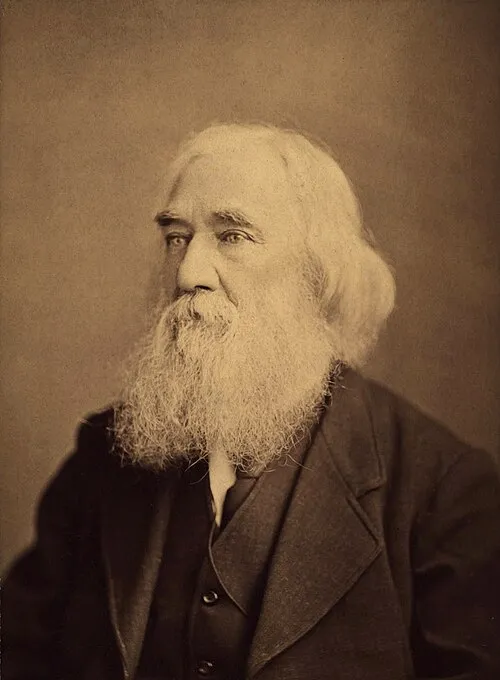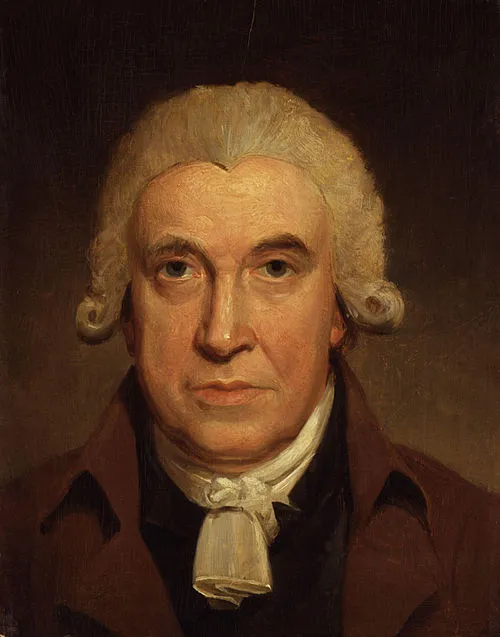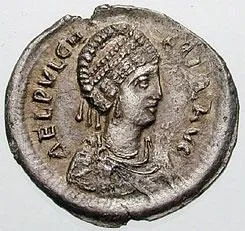
Name: Lysander Spooner
Birth Year: 1808
Death Year: 1887
Nationality: American
Profession: Philosopher and author
1808 – Lysander Spooner, American philosopher and author (d. 1887)
Born in the year 1808, Lysander Spooner entered a world of tumult and transformation. The United States was just a few decades old, grappling with its identity and the challenges that came with it. From his early days in Massachusetts, it was evident that Spooner would not lead a life bound by the traditional expectations of his time. Instead, he became a thinker a philosopher whose ideas would echo through the ages.
As he grew older, Spooner’s insatiable curiosity drove him to pursue law; however, instead of conforming to the rigid frameworks of legal practice prevalent in antebellum America, he sought to challenge them. Perhaps it was during this formative period that he first envisioned himself as an advocate for individual rights an unyielding champion against what he perceived as unjust authority.
Ironically, Spooner's legal career began not in the courtroom but rather amidst books and self-study. His determination led him to publish “The Unconstitutionality of Slavery” in 1845 a work that would place him at odds with societal norms yet firmly establish his reputation as a radical thinker. In this text, Spooner argued vehemently against slavery using constitutional arguments that still resonate today; one can only wonder how many minds were ignited by his fervent prose.
Despite this courageous stance on slavery a topic that tore at the very fabric of American society Spooner did not limit himself to one cause alone. He ventured into various realms of thought including labor rights and economic justice, proving time and again that injustice has no singular face. His book “No Treason: The Constitution of No Authority,” published shortly after the Civil War began to reshape America’s landscape, questioned whether governments had any legitimate authority over individuals at all! Who knows what implications such ideas might have had on contemporary anarchist movements?
Spooner's writings were groundbreaking; they delved deep into issues others dared not touch during his lifetime the limits of state power being chief among them! He presented liberty as something intrinsic to every human being natural rights ought not be infringed upon for any reason or justification! This conviction arguably set him apart from many contemporaries who accepted government intervention as necessary evil.
However… while some hailed him as a visionary ahead of his time a maverick challenging societal norms others dismissed him outright as an eccentric oddball spouting revolutionary nonsense! Yet history has shown us how often those branded 'radicals' reshape our understanding long after their voices fade away.
A significant aspect surrounding Spooner's legacy is tied up within public discourse surrounding freedom versus authority which remains relevant today! In fact, it can be argued we live through another period where governmental oversight appears pervasive leading many individuals back toward foundational questions about their own freedoms!
The irony lies within his death in 1887 when America itself had evolved significantly from its earlier turbulent years yet still grappled fundamentally with individual liberties versus collective responsibilities an ongoing struggle exemplified by both progress made and setbacks experienced along these lines!
Even now as debates rage concerning privacy rights against surveillance technologies we see reflections born out through philosophies articulated by figures like Lysander Spooner manifesting themselves anew amongst modern thinkers advocating liberty above all else!
This brings us neatly back around full circle: whilst calling forth visions for future generations may seem daunting the ghosts left behind can guide us through tumultuous waters if only we take heed...





